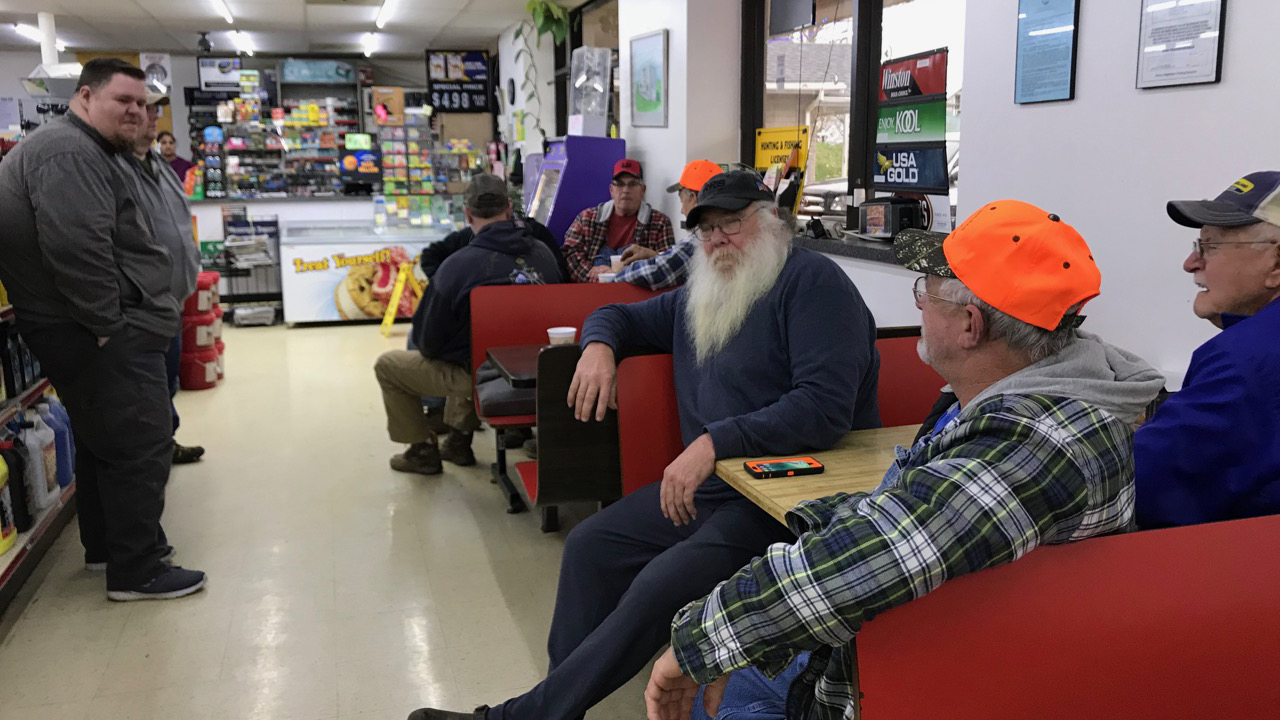Assistant professor of journalism Andrea Wenzel received the inaugural Association for Education in Journalism and Mass Communication (AEJMC) Research Prize for Professional Relevance for her work on stakeholder trust in news sources. The research was conducted with Wenzel’s colleague Sam Ford, a research affiliate at the Massachusetts Institute of Technology.
The award-winning conference paper, titled “Engaged Journalism in Rural Communities,” is part of a broader study which grew out of more traditional research. Wenzel and Ford conducted meetings with residents, community leaders and journalists, asking them what could improve the relationship between residents and their news media. They worked with experts from the world of engaged journalism to help focus on the more actionable, grounded ideas that had relevance for news consumers.
The final phase of the project was a collaboration with the Ohio County Monitor, a hyperlocal news site run by brothers Dustin and Lee Bratcher and based in Beaver Dam, Kentucky. Wenzel and Ford shared the results of the preliminary research and worked with the Bratchers to choose ideas that they felt could improve the relationship between residents and the Monitor.
Professor Jake Batsell of Southern Methodist University, who coordinates the prize for AEJMC, pointed out that the work is immediately relevant.
“You hear so much about how Americans are losing trust in the media,” said Batsell, “This paper is a case study that shows exactly how staffers at the Monitor sought to earn the trust of their community.”
Batsell pointed out that Wenzel and Ford’s work shows the importance of going where readers are, rather than trying to get citizens to engage in a project or event designed by the news source. Instead, journalists from the Monitor worked within existing community traditions, sitting in while residents talked politics at “liar’s tables” in cafes and restaurants.
Wenzel emphasized that it’s a mistake to discount the work of rural news outlets, and to associate them with deficits like lack of access to broadband internet or other resources.
“There is sometimes a very dismissive attitude towards not just rural communities, but communities that are outside the major media hubs,” said Wenzel. “We think that innovation happens in places like New York or D.C., but rural places are great places for innovation”
Great for innovation particularly because they can afford to be flexible. The Bratcher’s overhead costs were low— they had a reasonably priced office and few costs, all of which made taking risks easier.
“They deserve a lot of credit,” said Wenzel. “They’re open to experimentation, and have been from the beginning.”
Wenzel said that the measures taken at the Monitor aren’t meant to be offered as a template that other news sources can pick up and apply. The insights about what news consumers in Ohio County need are highly contextual and not necessarily applicable in other places. However, the method used to gather information from communities about how to better their news sources is highly portable.
The immediate relevance and applicability of the work impressed the judges on the AEJMC prize committee, and Batsell.
“The media industry is going through a lot of turbulence,” he said.“There’s never been a more urgent time for communications scholars to conduct research that can have an immediate impact on the betterment of the field.”
Wenzel is now repeating the project in Philadelphia and is in the community meeting phase of the project, which takes its funding from the Tow Center for Digital Journalism at Columbia, where Wenzel is a fellow.
Wenzel said that she was surprised to find that she and Ford had won the prize, which carries a $1,000 reward—they hadn’t even known they were candidates.
“It was a nice surprise,” said Wenzel. “I think the mission of the award is really great. It’s making a bridge between academics and practitioners, which doesn’t happen as often as it should. It’s great to be a part of something that’s trying to make that happen, and to make research more accessible.”

